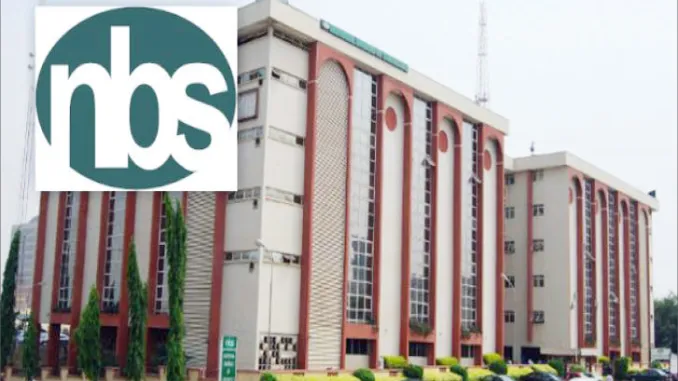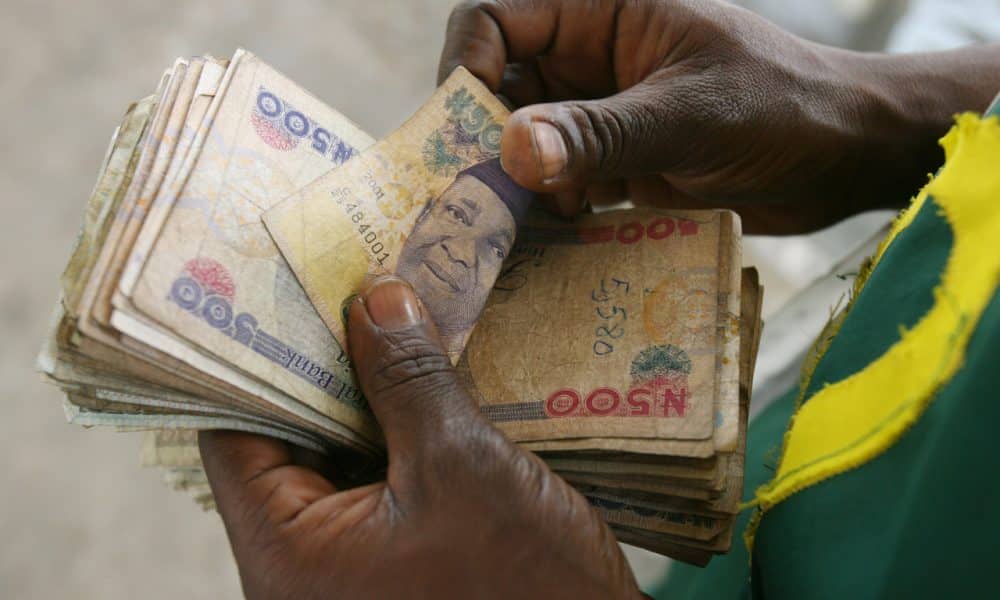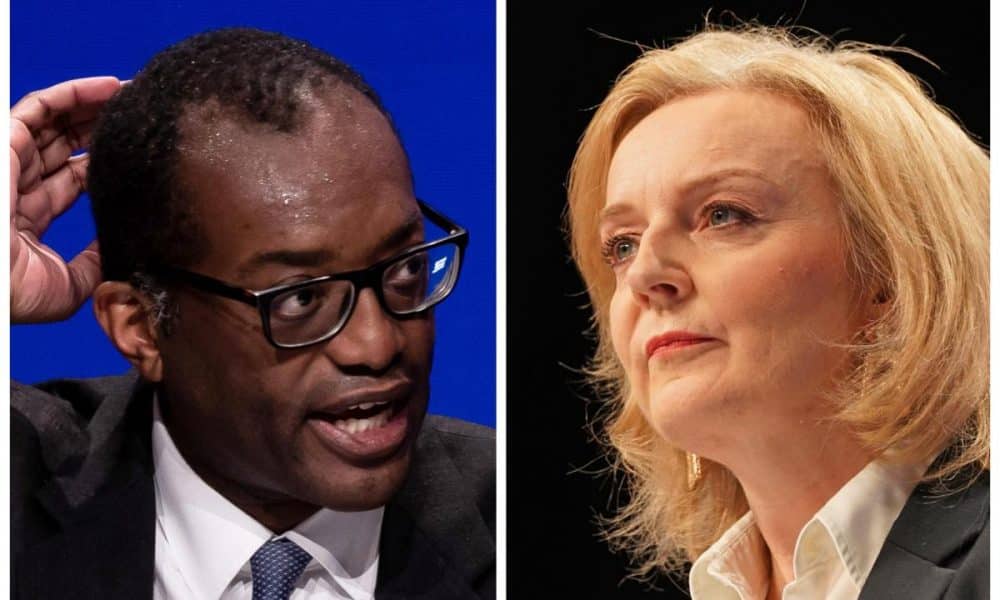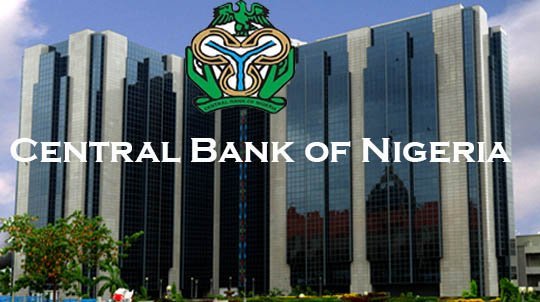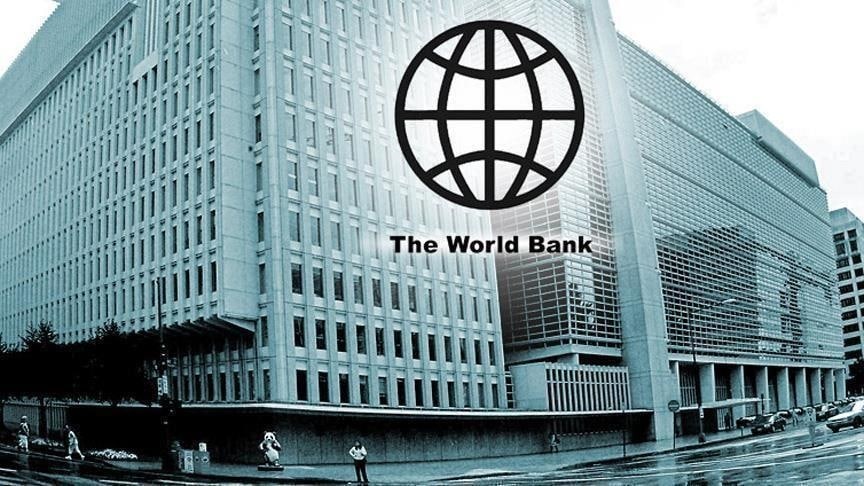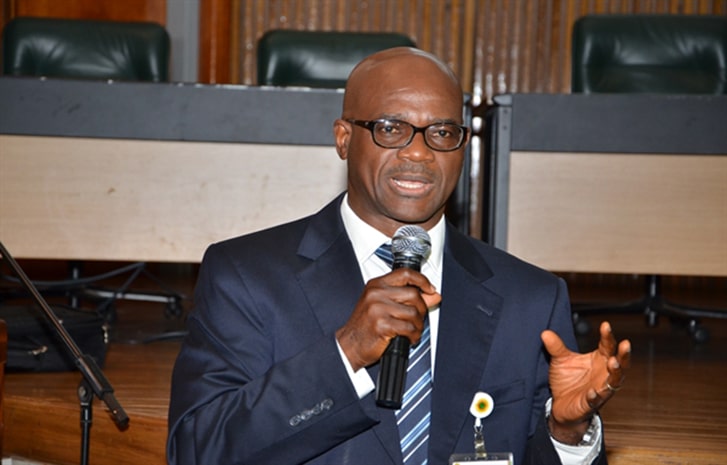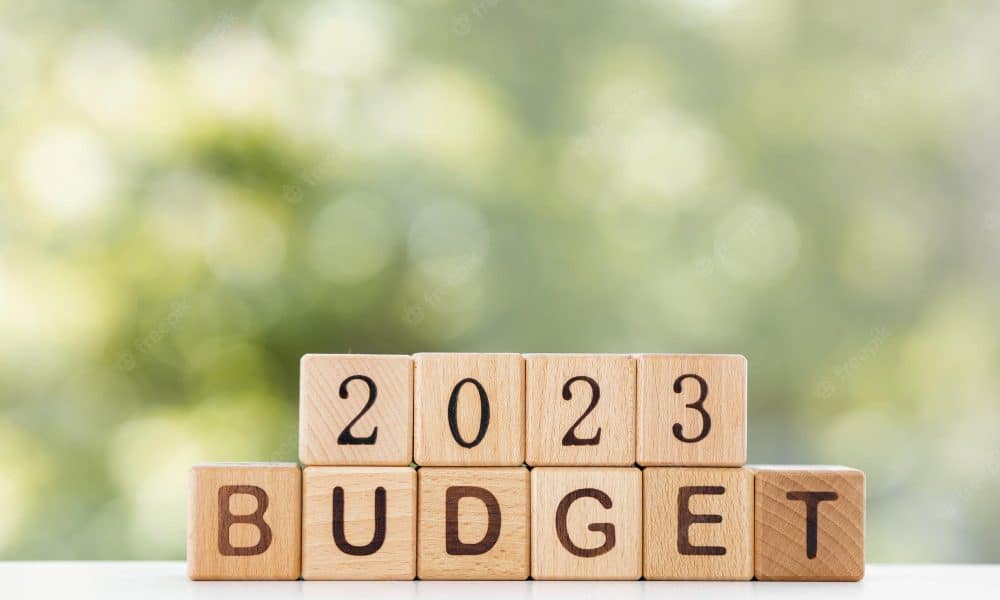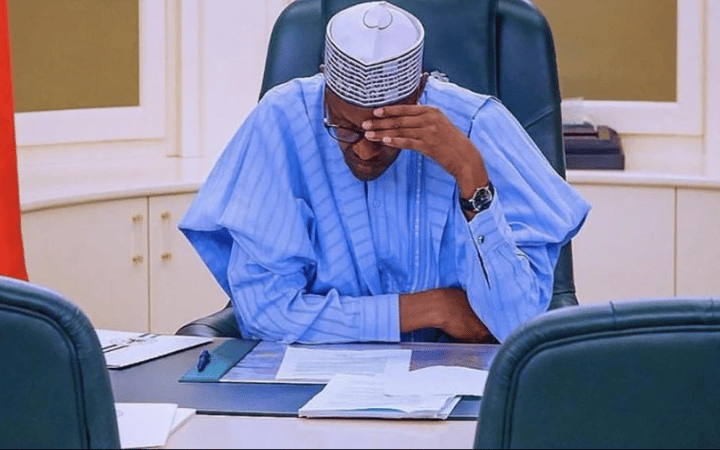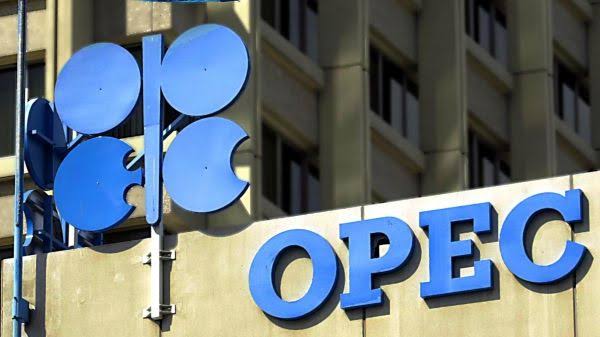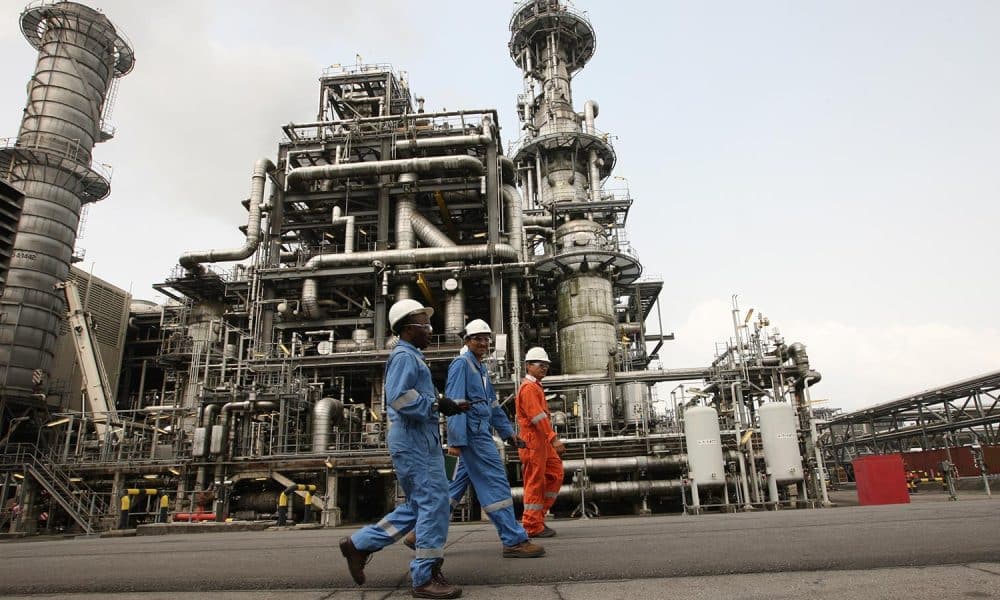Inflation: Nigeria, Others Risk Political Instability – IMF

Nigeria and other countries in the Sub-Saharan African region risk social and political instability and worsening food insecurity, due to rising inflation, according to the International Monetary Fund.
IMF noted that inflation has nearly doubled pre-pandemic levels in the region, adding that while there is a significant difference between countries, the median inflation rate in the region increased to almost nine per cent in August.
It said, “And even though the rise has been less dramatic than in other parts of the world, and the drivers are different, inflation is nearly double pre-pandemic levels, risking social and political instability and worsening food insecurity.”
It disclosed this in a report titled, ‘Africa’s Inflation Among Region’s Most Urgent Challenges.’ The fund explained that the region was besieged by a slow recovery from the pandemic, rising food and energy prices, and high levels of public debt.
It stated that despite an economic rebound in 2021, the fallout from the pandemic has kept domestic economic activity in the region relatively muted, and it expects growth to slow this year.
The Washington-based lender stated that unlike richer countries in other regions, most countries in the region lack the needed resources to support and stimulate growth.
Listing some of the causes of the region’s inflation, it said inflation in Nigeria and other sub-Saharan African countries was being driven less by economic activity and more by external developments.
It said, “They include the sharp spike in global commodity prices, swings in the exchange rate, global supply chain disruptions, and natural disasters.
“In the case of food, the prices of key staples such as maize and wheat have increased since 2019, contributing two-thirds of overall inflation in fragile states and one-half elsewhere in the region. Higher global energy prices and the strong dollar have also fed through to inflation indirectly, via transportation and tradable goods like household products.
“By contrast, there have been only modest increases for the prices of goods and services that most reflect domestic demand pressures, so-called nontradable—which typically include any locally-produced services, such as in the hospitality, health, or education sectors.”
The IMF further said it expects 12 per cent of the population in Nigeria and other countries in the sub-Saharan region to experience acute food insecurity by the end of 2022.
It added that many countries have turned to subsidies and tax cuts to alleviate the squeeze in household incomes in a bid to alleviate some of the economic concerns of the regions while central banks across the region have started raising interest rates in response to rising inflation, capital outflows, and currency depreciation.
It disclosed, “Examples include Ghana, Malawi, Mozambique, Nigeria, Uganda, and the economic and monetary unions for both Central and West Africa.
“Monetary authorities also find themselves facing an increasingly delicate trade-off: raising rates to keep inflation in check will risk choking off credit for investment, depressing economic activity, and reducing incomes. Meanwhile, fiscal consolidation and the global slowdown weigh on domestic economic activity.”
However, the IMF warned central banks against raising interest rates in a hurry as it might jeopardize recovery.
This article was originally published on Naija News




